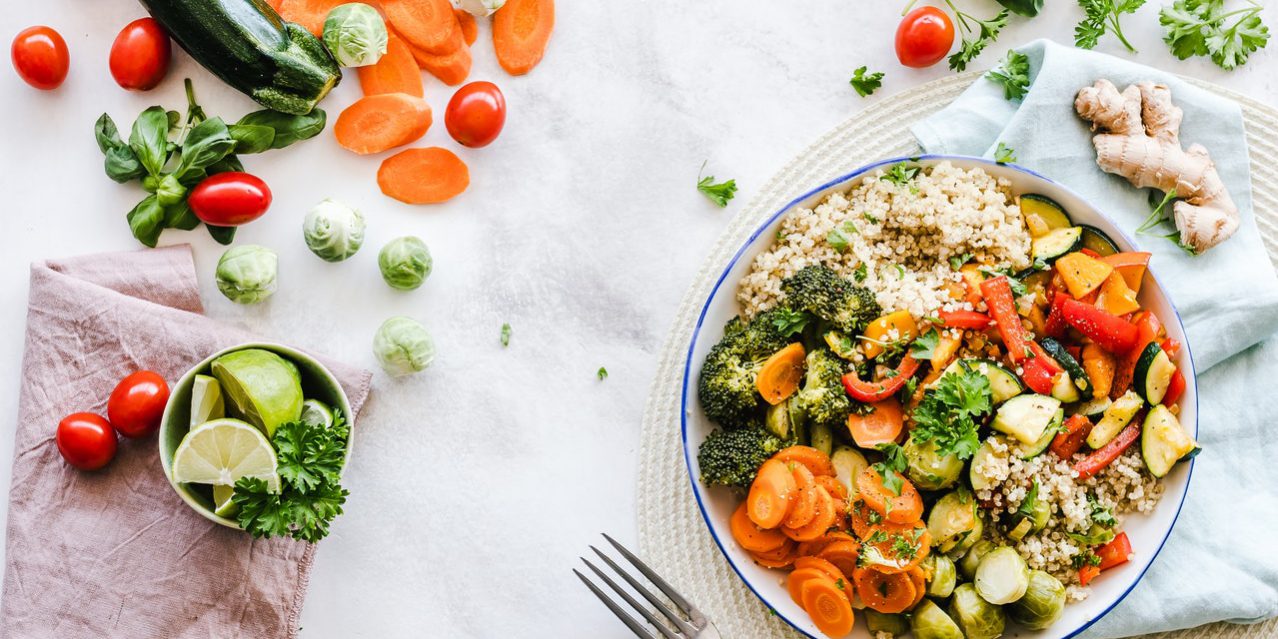We’ve all heard we must cleanse our bodies from time to times, following the days of binge eating or after a holiday. We are taught that detoxification is essential to eliminate toxic substances from our body and there are plenty of detox diets available on the internet today.
Do we really need to cleanse? Do detox diets actually work?
Do not worry, I am not going to advise you to stick to an extravagant diet regimen or a flimsy program. Let’s go a bit into the details to learn more.
We must first realize that our body’s organs work all the time. The liver, kidneys and intestines are a true star when it comes to detoxification.
To be more specific, the kidneys are tiny kidneys with a shape of a bean that collects all waste. They remove toxic waste and toxins from your body, in the form of urine. Your liver is responsible for coordinating the bloodstream, doing almost the same thing. The small intestine is responsible for breaking down food, and then aids in helping the bloodstream absorb nutrients. Following that, your large intestine processes any waste that remains and transforms it into stool.
While these exotic and strict detox diets chock packed with green juices and smoothies might offer an extra amount of minerals and vitamins but they can also starve you and reduce your intake of an adequate diet. There is no evidence to show that they aid in flushing toxins out from the body.
Do you need to go on the detox diet or should you not?
The answer is yes it is not possible to detoxify your body with artificial means. It’s an untruth. However, the positive side lies in the fact that you can make adjustments to diet and lifestyle which can support and boost your body’s detoxification processes in a safe and sustainable manner.
If you adhere to these guidelines it will help you detox your body throughout the day.
1. Choose your dining time
The time you eat your meal is just as important as the food you consume. I suggest setting a time-based eating routine, in which you eat in an 8-hour window throughout the day and then fast for 16 hours.
The intervals between eating and fasting may differ for different individuals. Therefore, experiment to see which one works best for you. The most important thing is to not restrict yourself to food, but instead look for the perfect balance.
2. Consume fermented and raw food each day
It is recommended to include freshly picked fruit and vegetables into your diet daily Also, you should include items that are fermented, such as curd, idli dhokla Kanji, pickles, and kefir. This assists in the development of beneficial bacteria, leading to better gut health which helps to promote the elimination of waste in a healthy way.
3. Be aware of your intake of fat-soluble vitamins.
Vitamins that are fat soluble originate from fats. Vitamins A, D, E and K are crucial to the body, but since they remain in your liver for extended durations of time and are stored in the liver for long periods of time, they increase the risk of poisoning when consumed in excess.
If you’re a healthy person who eats healthy, balanced meals the odds of getting ill are minimal. However, taking supplements which contain high amounts of vitamin A, D, E and K could cause the development of toxicity.
4. Concentrate on a eating a plant-based diet
If you’re not a vegetarian be sure to include plants-based food items to your diet, too. Non-vegetarians’ diets contain the highest levels of toxins, and it is crucial to reduce consumption if the aim is to aid in helping the liver relax.
Therefore, focus on having an appropriate balance of animal and plant source food.
5. Avoid refined or processed food items
Say no to white sugar, vegetable oils, refined flour, any other high-processed or packaged products. It is not beneficial since the majority of minerals and nutrients are taken from it, and what you are left with is empty calories’.
This could dramatically increase the risk of numerous diseases, including diabetes, obesity and heart conditions that affect organs that are responsible for detoxification including the kidneys and liver.
6. Make sure to drink plenty of water
It is vital to stay hydrated in order to sustain good body functions. Make concoctions with jeera or ajwain or other kinds of infused water to ensure that your body is on an hydration level.
Drinking water infused throughout the day can assist in your body’s natural detoxification process. In addition, it allows your body’s detoxification system to rid waste in your blood.
7. Concentrate on sleeping
Your brain can sleep to reset and recharge its internal resources, as well as get rid of toxic waste byproducts that accumulate throughout the day.
If you’re not sleeping the body doesn’t have enough time to complete these tasks and the toxins accumulate and impact various aspects of your well-being.
8. Be active
I don’t believe I have to discuss the advantages of exercise :), but the reason for this is that physical exercise can reduce inflammation, which allows the body’s system for detoxification to function effectively.
Keep moving and don’t lead an uninvolved lifestyle.
Bottom line
If you implement these suggestions you will not only help your body’s internal detoxification process, but also aid in building a strong immune system, lessen the craving for food, increase your energy levels, and improve your overall health.
Therefore, eat a balanced and healthy diet that is balanced and establish good eating habits. Your body will be rewarded with a continuous detox.





